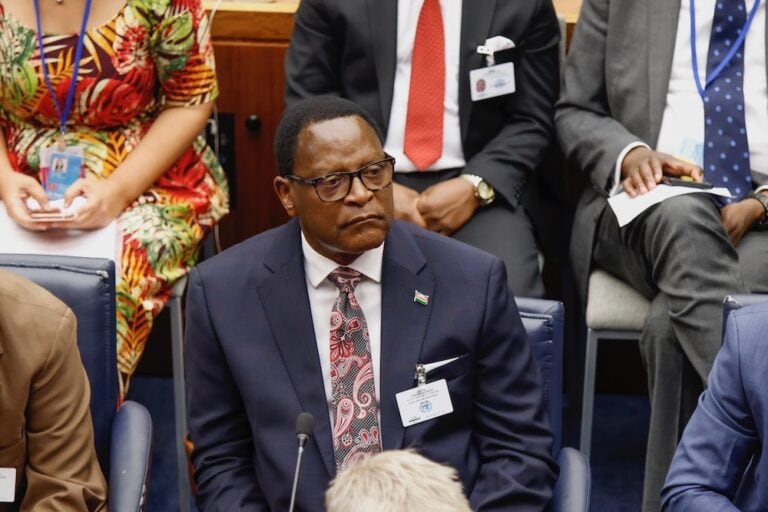(MISA/IFEX) – A Malawian journalist has won a case thirty-six years after being dismissed from his job. Boniface Masonga recently won a case in which he was challenging his dismissal from the Publications Section of the Ministry of Information in 1964. The case, which was heard before Ombudsman Enock Chibwana, resulted in the ombudsman directing […]
(MISA/IFEX) – A Malawian journalist has won a case thirty-six years after being dismissed from his job. Boniface Masonga recently won a case in which he was challenging his dismissal from the Publications Section of the Ministry of Information in 1964. The case, which was heard before Ombudsman Enock Chibwana, resulted in the ombudsman directing the Ministry of Information to pay Masonga his salaries in arrears since 1964.
Masonga was arrested in December 1964 when he went to Lilongwe to cover a Malawi Congress Party (MCP) annual convention, on allegations that he had distributed seditious letters for people to rebel against the MCP in Zomba.
He was charged with publishing material contrary to Regulation 4(1)(b) of the 1964 Public Security Regulations. He did not author the material, but the material he was accused of publishing was in fact in mass circulation in 1964 following a cabinet crisis in which several key ministers rebelled against the government of the day. These “rebels” distributed material explaining their cause, which countered government propaganda.
The government’s suspicion was that the “seditious” material was being printed by some friends of the “rebels” at the Publications Section of the Ministry of Information, where Masonga was working at the time.
“We were charged with distributing seditious publications. I personally denied the charge before the court of law, but I was convicted in 1965 to three years’ imprisonment with hard labour,” said Masonga, who noted that he was convicted because he had no legal
representation.
He said that when he learnt in 1996 that people who lost their jobs because of political reasons were being compensated pursuant to a circular issued by the Office of the President and Cabinet (OPC), he approached several institutions in order to seek assistance, but with no success. Hence, he complained to the ombudsman.
At this stage it is not clear whether the ministry will comply with the ombudsman’s directive, or appeal against it.


